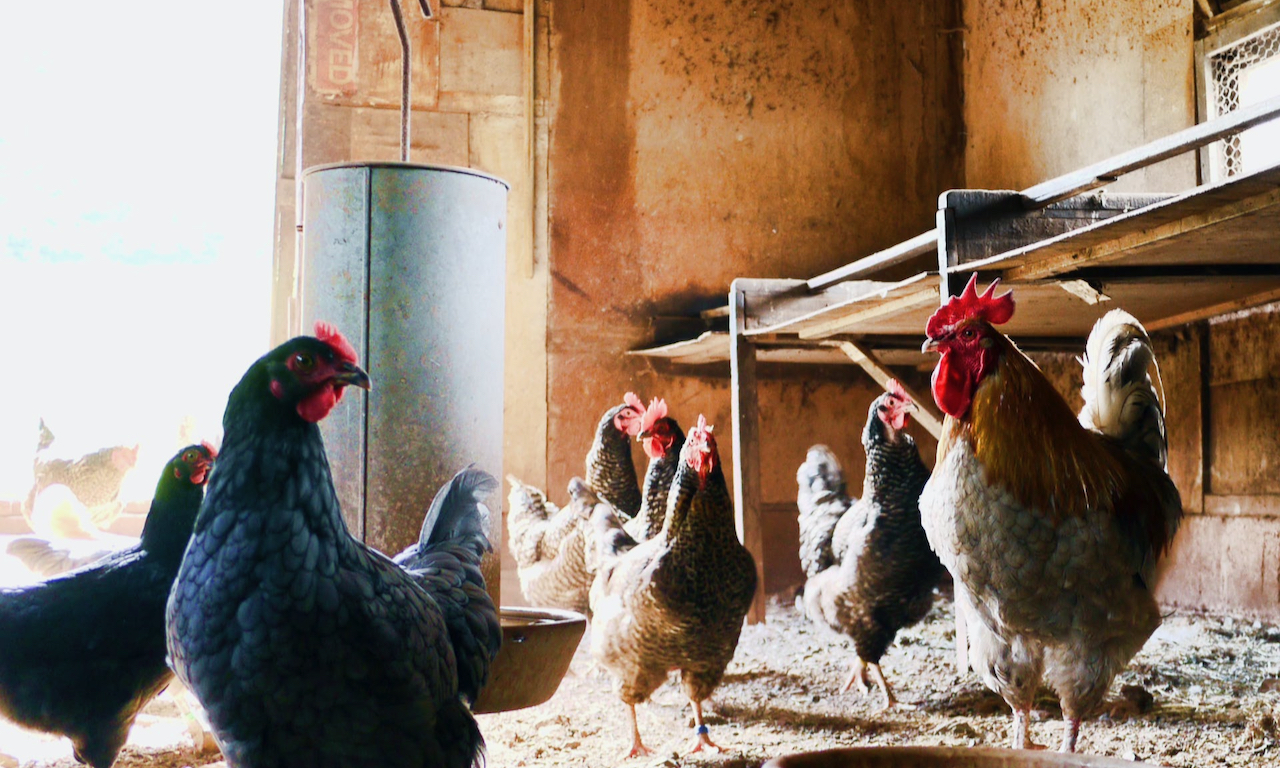Proclaimer
LANZ is responsible for the content of this website and does its utmost to display all information correctly and completely. Is something not correct or is something not working properly? Then let me know and send me an email. I would like to search together for a good solution.

Kicking

They were talking about animals, however, I saw many parallels with man’s working existence. In the article ‘Cattle should feel alive and kicking’ in the weekend edition of the NRC (last week), Bas Rodenburg, professor of animal welfare, says that after World War II, a system was set up, which focused on increasing production and improving efficiency. ‘Even if some of the piglets die, this is still the optimal system economically. But from an animal welfare point of view, this is obviously crazy’. The parallel to society: ‘Even if more and more (younger) people drop out, economically this is still the optimal system. But from a welfare point of view, this is of course crazy.
Since the 1990s, there has been a reversal. Not the animals should adapt to the system, but the system should be built around the animals. The six principles that are assumed, and which could easily find their echo on the shop floor, are: good nutrition, good health, good environment, intrinsic value and integrity of the animal is recognised, animals must be able to show their natural behaviour, and they can reach a positive emotional state. Same same, but different.
I feel we have the same challenges in the business world. The biggest obstacle is and remains our pecuniary thinking. If money were no longer an end in itself, but merely the result of, then perhaps there would be more room for the human touch. And then we would be able to solve both in animal husbandry, as well as in the workplace, the problems caused by:
– too large groups too close together (read: back to teams of 6 to 15 employees instead of ever-increasing span of controls)
– too little space and opportunities to explore and forage (read: more space to discover, play, investigate and give substance to instead of continuous reporting and accountability)
– too few nesting, resting and sheltering opportunities (read: maintaining wider margins of time to breathe, less supervision, making bold choices, doing less with more satisfaction instead of continuously chasing after facts and profit maximisation)
– mother and calf separated (read: giving a new or expanding family financially the space and time to ground and bond rather than work, work, work with all its consequences)
– often changing social groups (read: seeing work as part of life and organising it accordingly instead of only realising economic interests and goals that are too far away)
– too little variation in feed and too little clean water (read: moving with colleagues and giving space to each other’s ideas instead of strictly following imposed targets)
‘The economic stakes are high,’ Rodenburg said in the closing parave. ‘For the big chain, it is not easy to be agile.’ I understand that. However, I also see that too often we point at each other instead of looking at what we could change ourselves. We are all society, the economy, the government. And if it really only took 20% of a bubble to bring about a change, as I read in Hannah Critchlow’s book ‘The Science of Fate’, a lot would be possible in a short time. Staying in conversation with each other, even with divergent interests and perspectives helps. Looking at what you yourself can change instead of waiting for the other to change. Or, in the words of Socrates: To move the world, we must first move ourselves. Mental fitness and a positive mindset can serve this purpose. Especially now that we are all, in search of a new paradigm, under pressure.
Want to stay informed? Sign up for the newsletter or on LinkedIn.
Source: NRC 5 January 2024, science section ‘Veehouderij – Kan een kip nog wel een kip zijn?’ by Marcel aan de Brugh
BOFfertjes
factory
.now
Lanz Organisatie & Advies BV
Van Pallandtstraat 45
NL • 6814 GN Arnhem
+31 (0)6 2096 3032
alex@lanz.org
lanz.org
KvK Arnhem: 50588664
BTW: NL 8228 22623 B01



